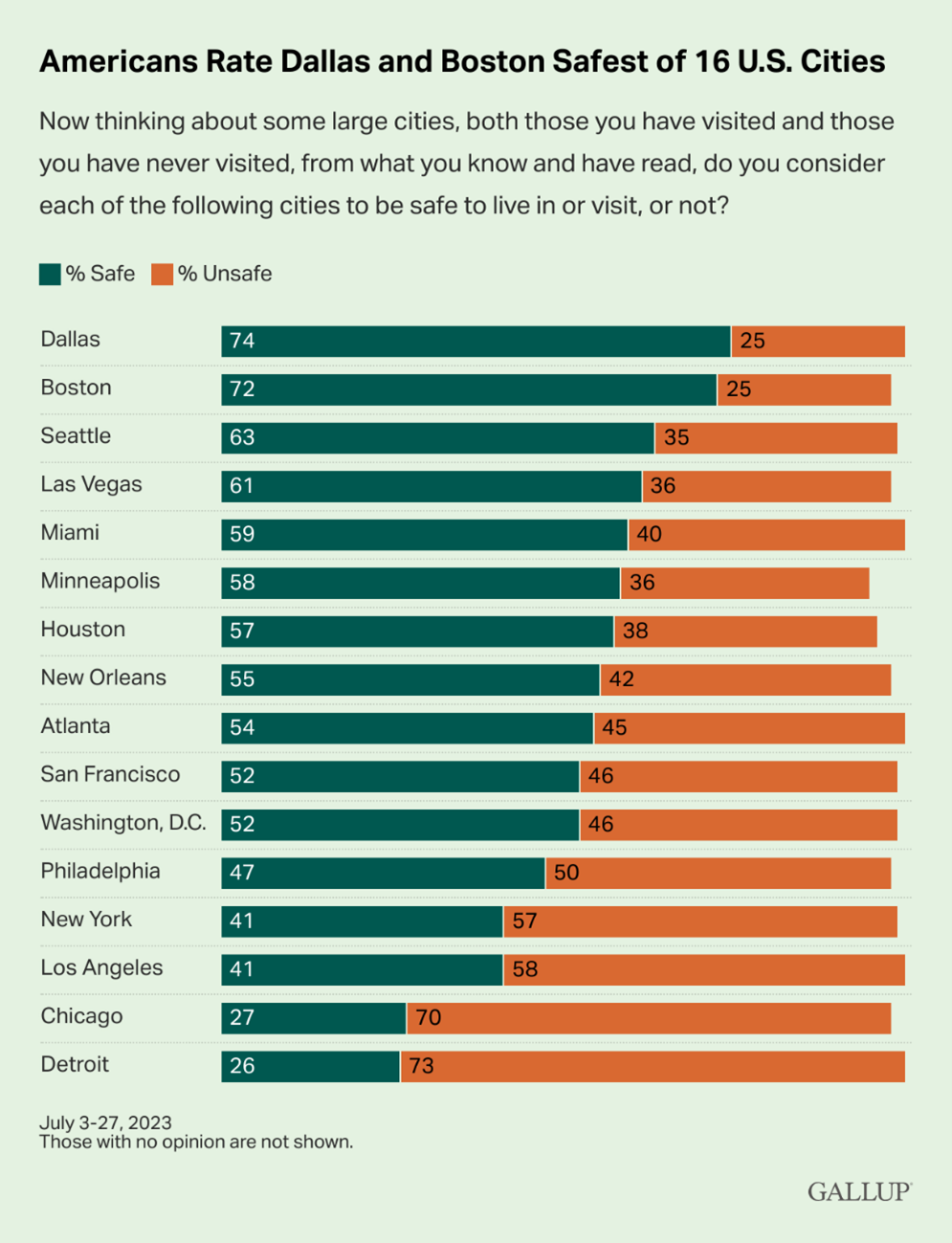Housing, Dick's Shrinkage, & More
Week in Review: Aug. 21-25
Ah, the dog days of summer. With a Republican primary debate, a notable photo op down in Georgia, and a tragic, definitely accidental plane crash in Russia, you probably missed some of the bigger economic news this week. No need to worry; I’ve got the full run down on a week that featured lots of housing stats, near-record high oil production, Dick’s shrinkage problem, and more.
Monday
Global Economic Weakness
At the beginning of the year, the consensus was that China’s economy would boom as it reopened from its zero-COVID policy, but that hasn’t been the case. Just the opposite, really. Chinese growth has slowed, retail sales are weak, fertility rates have plummeted, population growth is nonexistent, exports are down, etc. etc.
I won’t go too in depth about why China’s economy is weakening, but the short version is that they’ve been too reliant on real estate for growth, and that sector is no longer growing. Quite the opposite—there is a real estate crisis there, driven by financial challenges led by some of the world’s largest developers like Evergrande and Country Garden.
If you want to take a deeper dive into China’s problems, check out:
The Deep Problems Underlying China’s Economy (The Odd Lots Podcast)
Why China’s economy ran off the rails (Noahpinion)
But it’s not just China. Countries that run trade surpluses, especially with heavy exports to China, are also struggling. Germany’s economy, for instance, is expected to contract this year. More broadly, the outlook for the euro area has deteriorated in recent weeks.
The implication for exceptional Americans is that global demand is weaker than expected, which has and will continue to put downward pressure on numerous commodity prices (think oil, steel) while also threatening U.S. export volumes. I spoke at a steel conference this week and several panelists presume that 2024 will be a year of lower steel prices, with possible recovery in 2025. Meanwhile, oil prices have been struggling to retain an $80 handle.
Thinking Clearly About Crime
Gallup polled Americans about which cities they think are the safest, and Dallas was the clear winner. That’s great news, except it’s not.
In fact, Big D suffered a higher murder rate than New York City, Los Angeles, San Francisco, Seattle, and Boston during the second quarter. As of 2019, Dallas had 775 violent crimes per 100,000 residents, about 44% more than New York City.
This is probably a good time to link to our piece about thinking clearly through partisan politics…
Gas Prices
Gas prices increased for the seventh straight week and are now at the highest level since last October.
Diesel Prices
Diesel prices increased for the fifth straight week, up another $0.02, but are still about $0.50 cheaper than one year ago.
TSA Checkpoint Travel Numbers
Summer might be winding down, but summer travel isn’t. The number of people passing through TSA security during the week ending August 22nd was 3.3% above 2019 levels. This is further evidence of the willingness of consumers to spend, including on sky-high airfares.
Tuesday
Existing Home Sales
Existing home sales declined again in July according to the National Association of REALTORS, down another 2.2%, and are about 17% lower than one year ago. As many have been saying, high interest rates are very bad for home selling.





